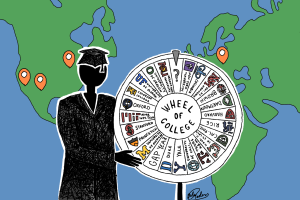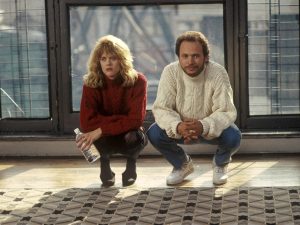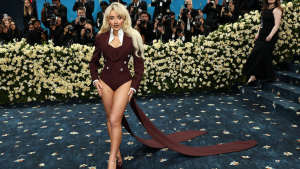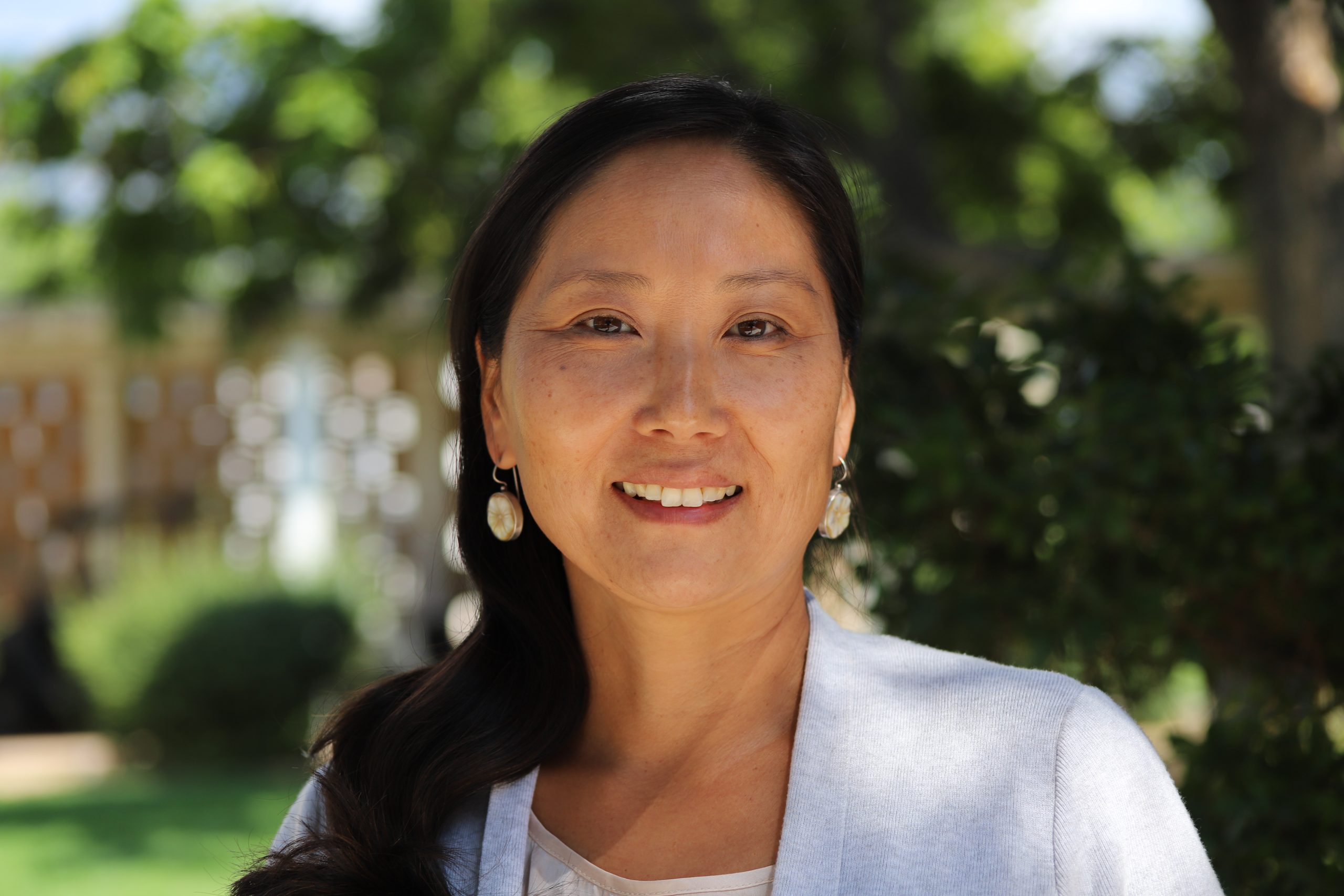Crazy Rich Asians: The Importance of an All-Asian Cast
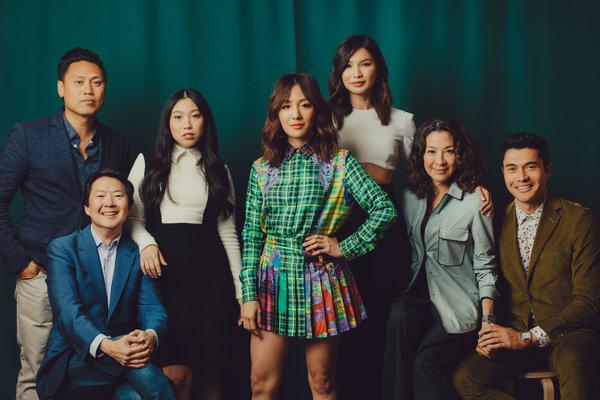
October 27, 2018
It has been 25 years since a major studio film has come out with an all Asian cast. 25 years. Crazy. Those 25 years contain millions of Asian Americans who have lived their entire adolescence without seeing themselves on the big screen, and for me, who has been on this earth for 16 years, all I’ve been able to see myself as is an undeveloped side character–normally a nerdy scientist or a kungfu master. This began to change on August 15, 2018 when the movie Crazy Rich Asians was released. The film follows a Chinese-American woman–played by Constance Wu–and has an unrivaled, unprecedented cast of Asian actors, and, like director Jon M. Chu said, “this [Crazy Rich Asians] is more than a movie, it’s a movement.”
Before the movie came out, I was nervous. Like others, I knew the importance of Crazy Rich Asians, and how critical its success would be. If the first big budget Hollywood film featuring Asian-American leads crashed and burned, what hope would there be for future Asian-American films? In addition, the word “Asian-American” can be a gross simplification. Korean is not the same as Vietnamese; Asian is not the same as Asian-American, and the experience of one Asian-American differs vastly from the next. Yet because of the limited roles that Asian actors are given, Hollywood producers don’t care that there is a difference, and as a result, the view of “Asian-American” is reduced to a monolithic group. If the film was not successful, there would be no chance that big studios would take a risk on other diverse stories in the Asian world that yearn to be told.
Media shapes the way we view the world and others. For Asians, the issue of media representation manifests in multiple ways. For Asian women, this means being hyper-sexualized, yet docile. It isn’t that uncommon to hear some white guy say, “I have an Asian fetish.” Comparatively, Asian men are desexualized and rarely seen as attractive to the general population. Without fully developed characters and without ever being seen as a love interest, media has shoved Asian men to the bottom of the “hotness” totem pole. In addition, media’s repeated representation of Asians as nerdy, science geeks who wear big glasses and lab coats has reinforced the “model minority myth,” in which Asians are seen as the “best” minority, and an “example” for other minorities in America. This leads to countless issues such as the hefty expectations set on Asian American kids, problematic criticisms of other minorities, and perhaps the most detrimental ramification: forgetting the Asians in America whose problems are greater than that of representation. There are Asians in the United States who live in deep poverty and are ignored because people incorrectly assume they are a “model minority.” I believe that representation plays a massive role in all of these issues, and without more of it there is no chance for progress.
Personally, this movie does a million and one things for me. As a child, when people would make jokes about me and call me yellow or chink, pull their eyes back into slits and laugh, or imitate my language mockingly, I would be too pressured to conform, and I would laugh with them. I was, and often still am, ashamed to be Asian-American. I get embarrassed when my parents speak Chinese in front of other people. I try not to show people my test scores when I do well because I don’t want to be ‘that Asian nerd.’ I feel like my squinty eyes and the fact that I look Asian makes me less attractive than others. On the first day of school when teachers call attendance for the first time, I am filled with dread because I’m terrified to have to pronounce my last name for the class.
When I saw Crazy Rich Asians, every moment I saw an Asian as a lead with real, human characteristics and emotions, having impeccable comedic timing, or being a person who could love or be loved, I cried (which was pretty much throughout the whole movie). But perhaps the most tear-jerking and rewarding moment was at the end when the credits scrolled through; they were filled with names like Wu, Lee, Chu, Chan, Yeoh, and countless others. It made me believe that one day I could see a name like Xue up there and have people appreciate it, and that hopefully I can appreciate myself someday. Now, a couple months after its release, Crazy Rich Asians has grossed over $200 million worldwide, and it gives me hope that change in media is possible and that future Asian-American kids can finally truly love themselves.
I know that this film can not represent every Asian story, nor should it have to, but hopefully Crazy Rich Asians can be a springboard for more stories to be told. So, the next time a trailer for a movie with an Asian lead comes out, know what made that possible and the meaning that it holds for so many people.


